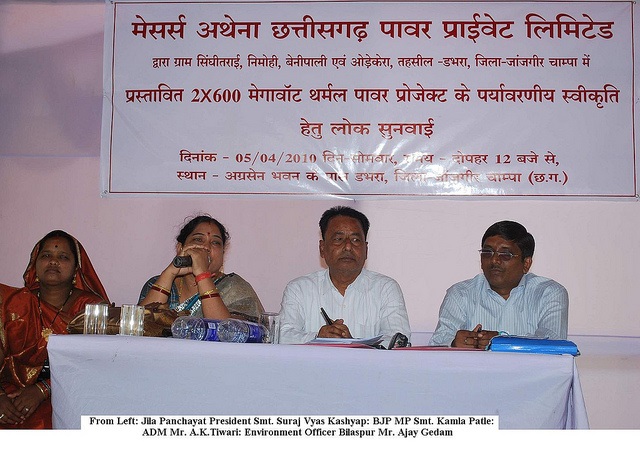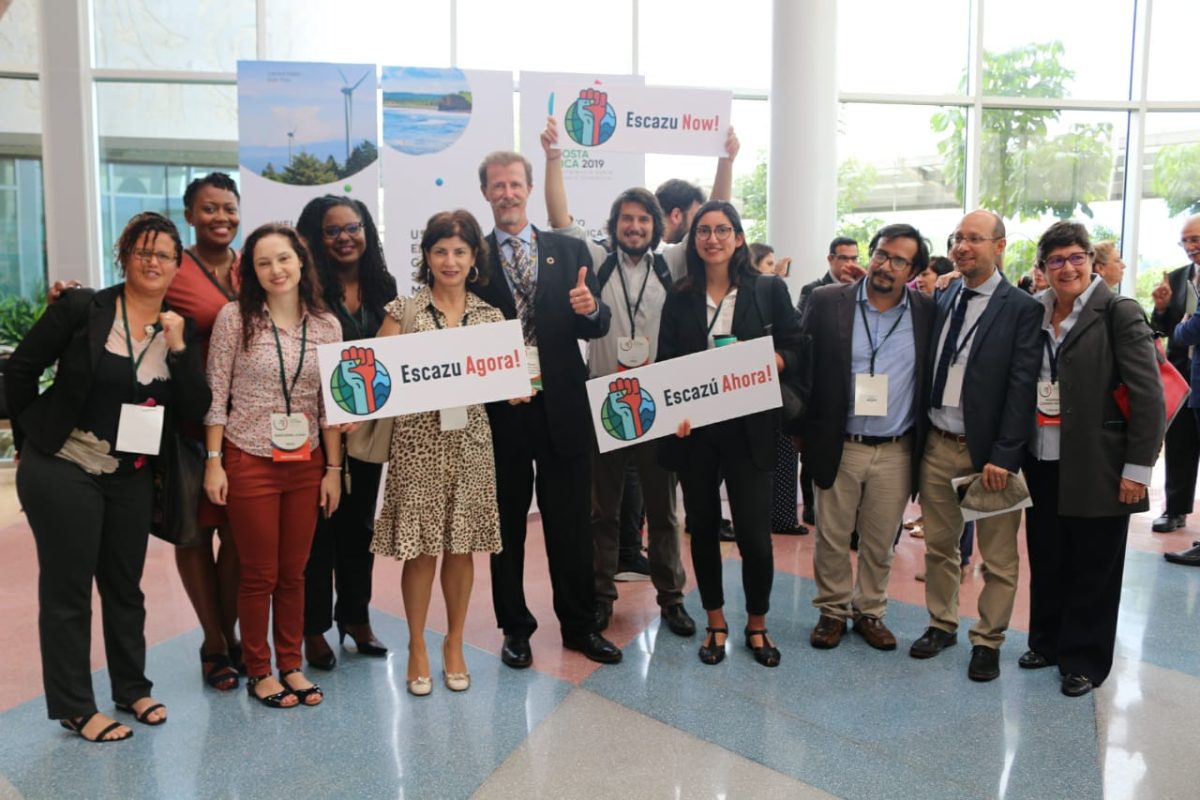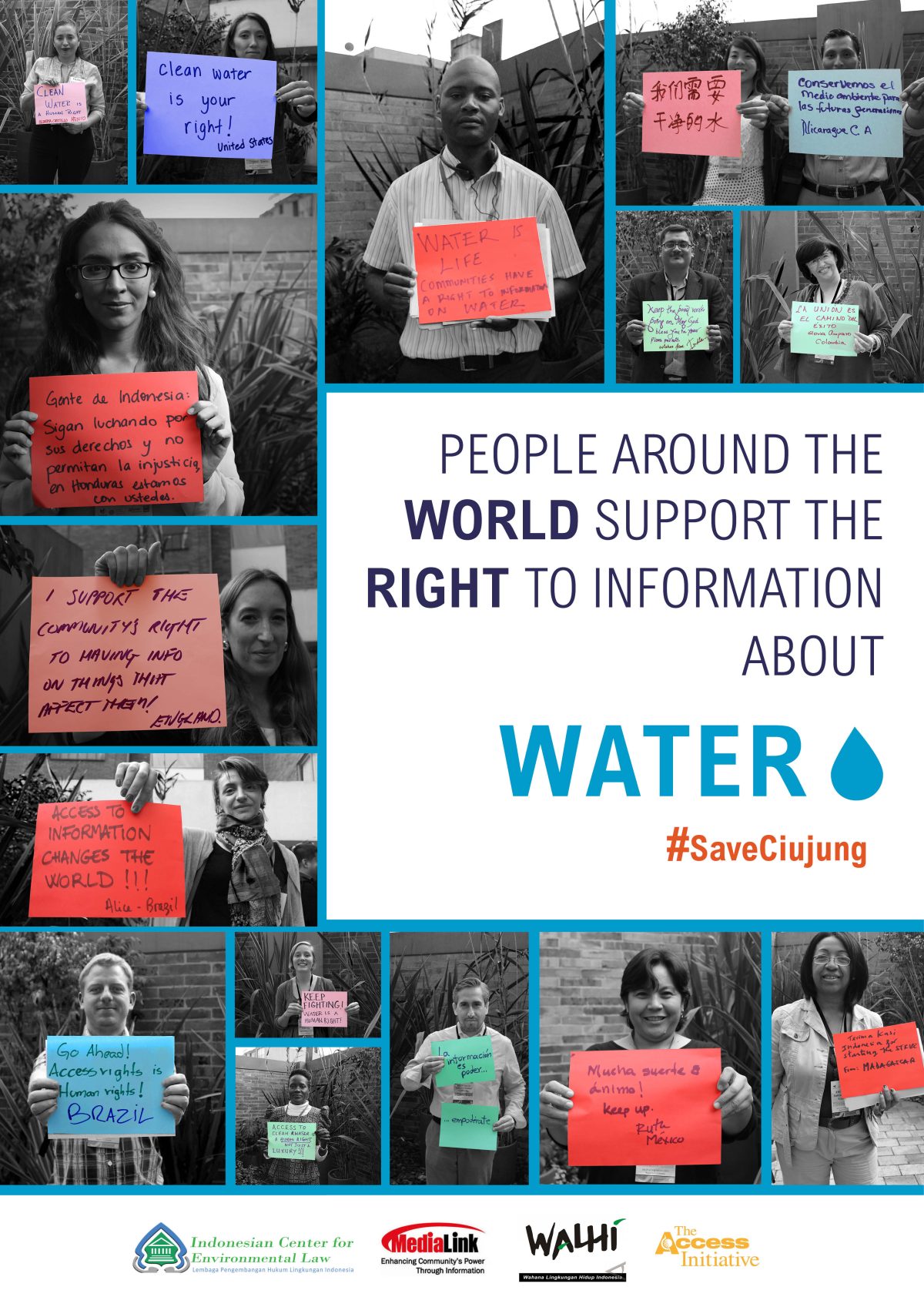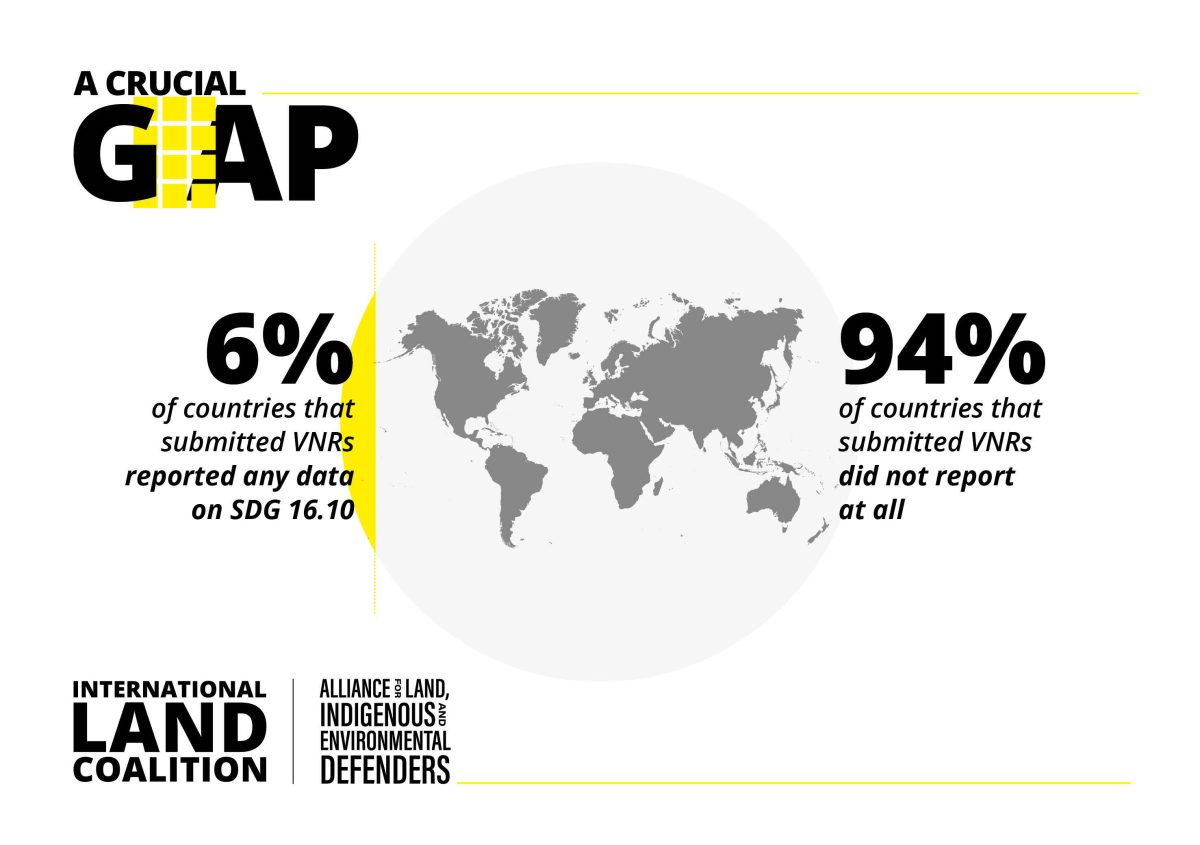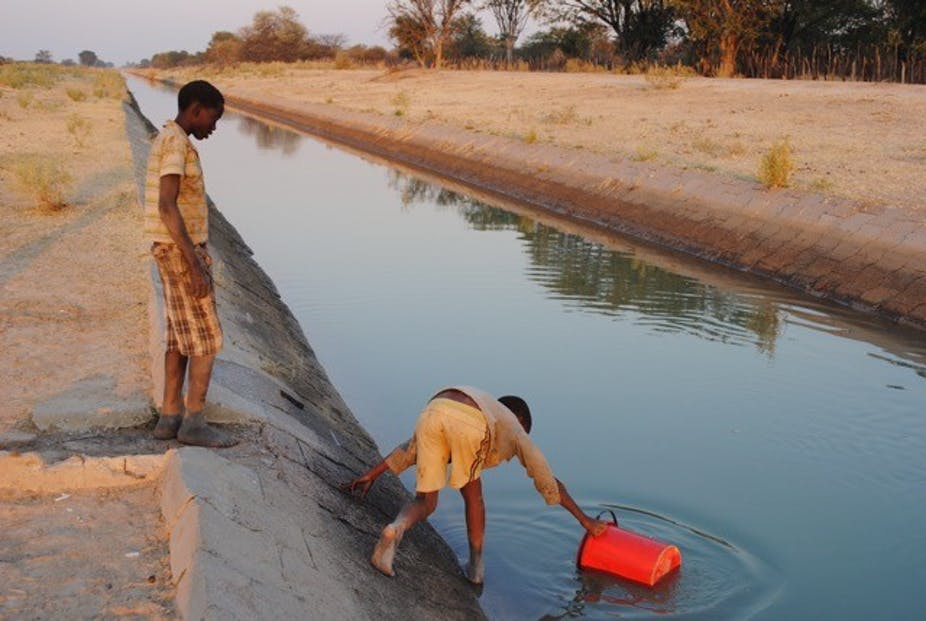TAI South Asia includes non-governmental organizations and individual members from 4 South Asian countries: Nepal, Bangladesh, Sri Lanka and India TAI South Asia is represented in the Core Team by Legal Initiative for Forest and Environment (LIFE) India. TAI partners:
- Conduct evidence based assessments to evaluate the implementation of access rights in their own countries
- Conduct advocacy around access rights and water, land, extractives and forests
- Use access rights in their work including litigation.
- Work regionally to promote access rights in other countries.
Current goals of TAI South Asia include:
- TAI assessment recommendations including on proactive release of environmental information including information on Air and water quality.
- Ensuring transparency in the Environment Impact Assessment process in respective countries
- Strengthening public consultation processes in the region with respect to projecta and activities which have impact on the environment and communities
- Reform in the area of environmental law so as to ensure the effective implementation of Principle 10 and advocacy to ensure that laws are not diluted.
- Addressing transparency and public participation around shared rivers (Transboundary water issues).
